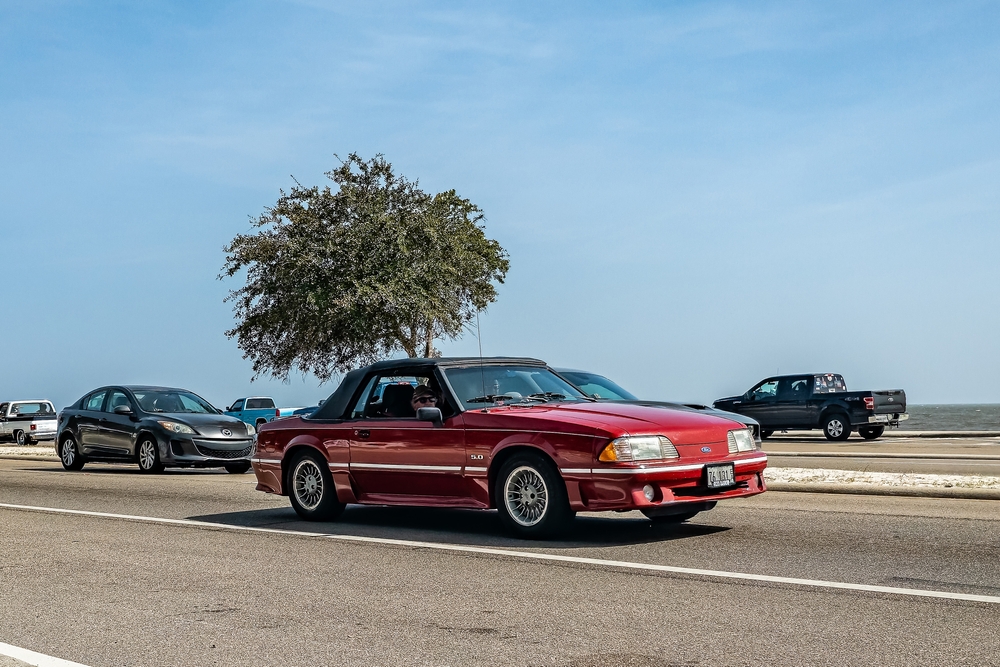His vision extended beyond muscle cars.
Others are reading now
Harold “Hal” Sperlich grew up in an America shaped by industry, innovation, and the post-war boom.
Born in 1928, he was part of a generation that saw cars as more than just machines.
They were symbols of freedom, power, and the American dream.
As a young man, he witnessed the rapid expansion of the automobile industry and knew he wanted to be part of it.
Also read
After serving in the Korean War, Sperlich returned home and pursued a career in engineering.
For Needed Something New
He joined Ford in 1957, eager to help shape the future of the company. The auto industry was changing, and he had ideas that would push it further.
Sperlich saw an opportunity in the early 1960s. American culture was shifting, with young drivers looking for cars that were stylish, fast, and affordable.
He believed Ford needed something new — something that broke away from the heavy, conservative designs of the past, according to Boosted.
Working alongside Lee Iacocca, he helped develop a small, sporty car based on the Ford Falcon.
That car became the Ford Mustang, launched in 1964. It was an instant hit. In its first year, over 400,000 units were sold, and the Mustang quickly became one of the most iconic cars in history.
While Iacocca became the face of the project, those inside Ford knew Sperlich had played a key role in making it happen.
His vision extended beyond muscle cars. He recognized the growing need for compact, fuel-efficient vehicles and pushed for the development of the Ford Fiesta.
When Ford executives rejected his idea for a front-wheel-drive minivan, he left the company and joined Chrysler.
There, he finally brought his minivan concept to life, creating the Chrysler Minivan, which revolutionized family transportation.
Sperlich retired in 1988, but his influence never faded. In 2009, he was inducted into the Automotive Hall of Fame for his groundbreaking contributions to the industry.
He passed away at 95, leaving behind a legacy of innovation and a lasting impact on the cars people drive today.


